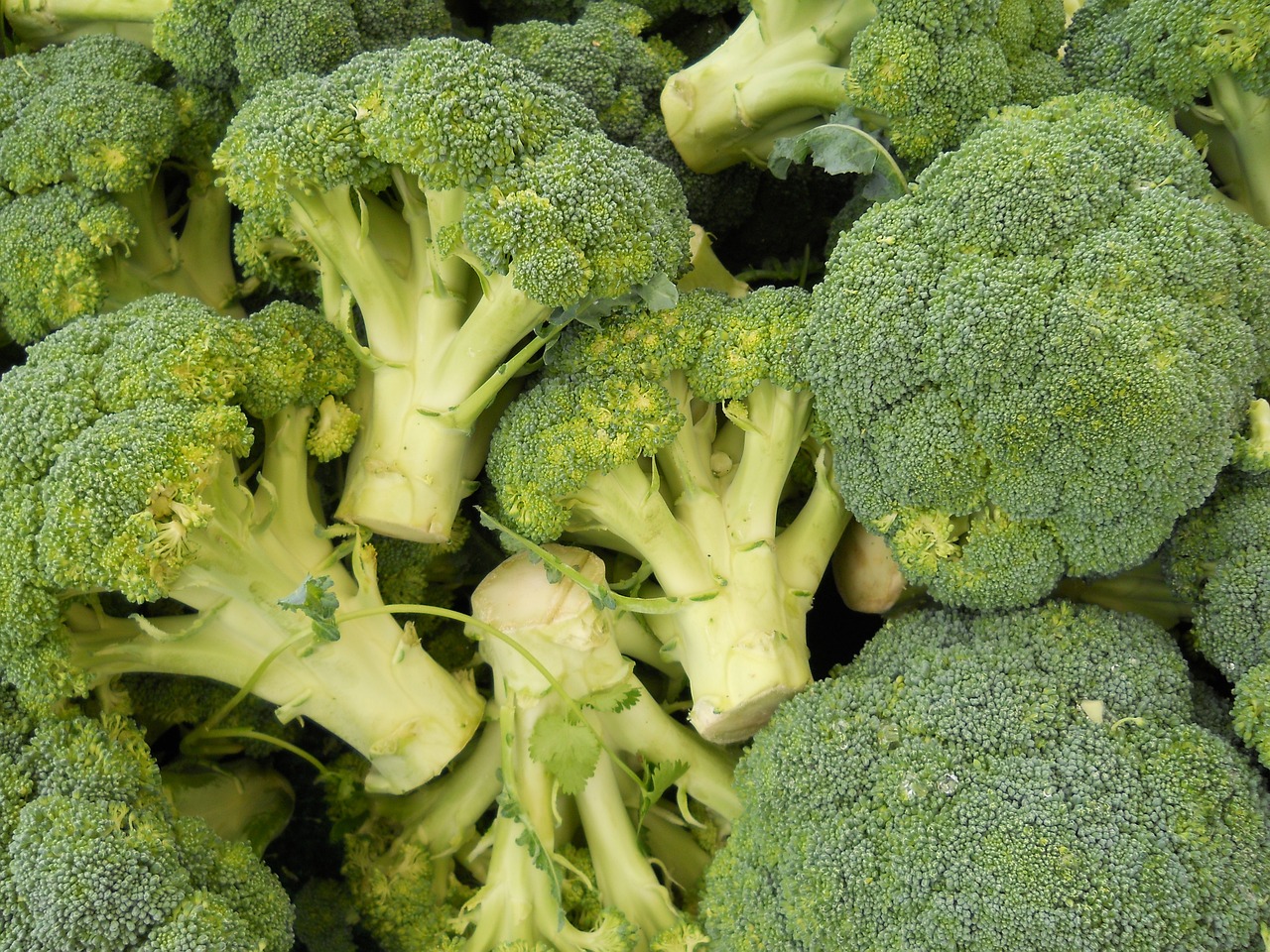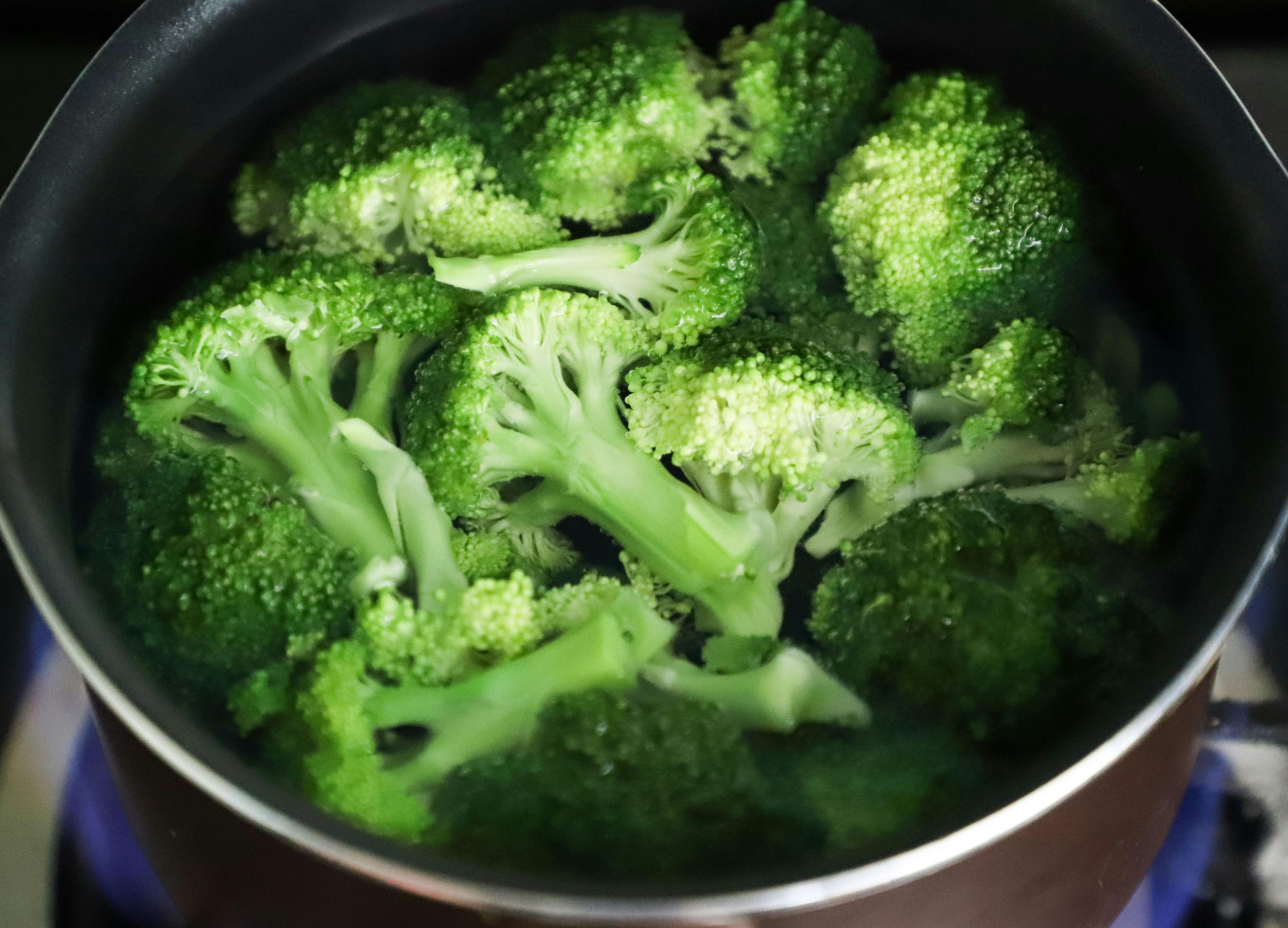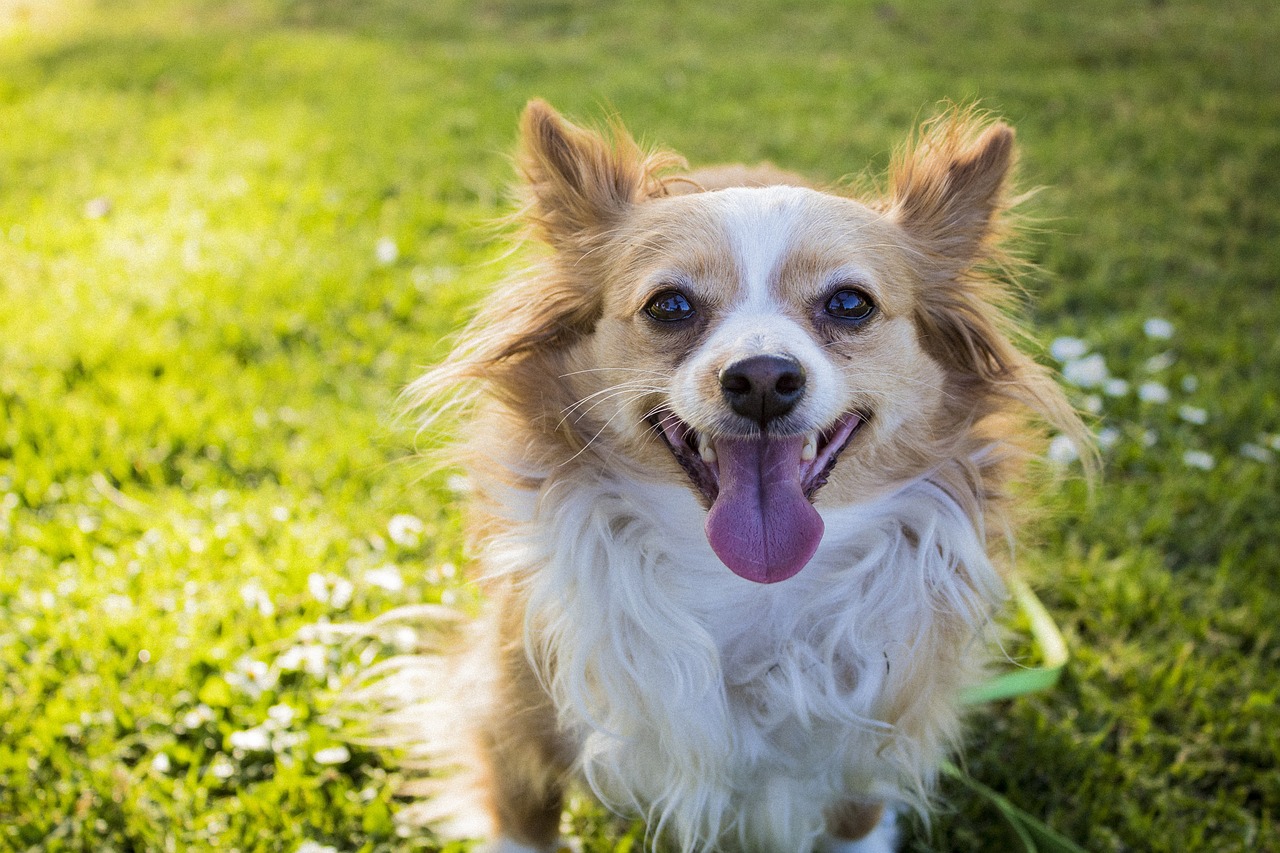As dog owners, we often wonder about the safety and benefits of sharing our favorite foods with furry friends. One common question that arises is, “Can dogs eat broccoli?” This green vegetable, renowned for its health benefits in humans, might seem like a great addition to your dog’s diet. However, it’s essential to understand the implications of feeding broccoli to dogs, both the positives and the potential risks. In this article, we will explore the nutritional benefits of broccoli for dogs, the possible hazards, how to safely incorporate it into their diet, and suggest some alternative vegetables that are also safe for canine consumption.
Nutritional Benefits of Broccoli for Dogs
Broccoli is packed with nutrients that can be beneficial for dogs. It is rich in vitamins such as Vitamin C, which can boost the immune system, and Vitamin K, which plays a role in bone health. Broccoli also contains a healthy amount of fiber, which aids digestion and helps maintain a healthy weight. The vegetable is known for its antioxidant properties, which can help fight inflammation and reduce the risk of chronic diseases in dogs. Additionally, broccoli contains essential minerals like potassium and calcium, vital for maintaining healthy nerve and muscle function.
Discover How This Pug Responds to Eating Broccoli
Potential Risks of Feeding Broccoli to Dogs
While broccoli can offer several health benefits, it has risks. One of the main concerns is that broccoli contains isothiocyanates, compounds that can cause gastric irritation in dogs. If consumed in large quantities, these compounds can lead to severe digestive issues, including nausea, gas, bloating, and diarrhea. Another risk is the choking hazard, especially with broccoli stems, which can be tough and fibrous. Small dogs, in particular, are at higher risk of choking if they try to swallow large pieces of broccoli. It’s crucial to monitor the amount of broccoli you feed your dog and to ensure it’s prepared in a way that minimizes these risks.
How to Safely Feed Broccoli to Dogs
To safely feed broccoli to your dog, it’s important to follow a few guidelines. First, always wash the broccoli thoroughly to remove any pesticides or chemicals. Next, cut the broccoli into small, manageable pieces to reduce the risk of choking. Steaming or boiling the broccoli can soften it, making it easier for your dog to chew and digest. Avoid adding seasonings, oils, or butter, as these can harm dogs. Start with small portions to see how your dog reacts, and monitor them for any signs of digestive discomfort. If your dog shows any adverse reactions, discontinue feeding broccoli immediately and consult your veterinarian.
Explore 20 Healthy Fruits & Veggies for Your Dog
Alternatives to Broccoli for Dogs
Several safe and nutritious options exist if you’re looking for other vegetables to add to your dog’s diet. Carrots are a great choice, as they are low in calories and high in fiber and beta-carotene. Green beans are another excellent alternative, providing vitamins and minerals without adding too many calories. Sweet potatoes are rich in vitamins A and C and can be cooked and served in small portions. Though best served in moderation due to its oxalate content, Spinach offers a good source of iron and other essential nutrients. These vegetables can provide variety and additional health benefits to your dog’s diet.
Learn How to Feed Your Dog Fresh Food for Free

So, can dogs eat broccoli? The answer is yes but with caution. Broccoli can be a nutritious addition to your dog’s diet when given in moderation and prepared correctly. It offers numerous health benefits, including vitamins, minerals, and antioxidants, but poses potential risks such as digestive issues and choking hazards. Following the guidelines for safe preparation and serving and monitoring your dog’s reaction, you can safely introduce broccoli into their diet. Additionally, consider incorporating other safe vegetables to ensure your furry friend’s well-rounded and nutritious diet. Always consult your veterinarian before significantly changing your dog’s diet to ensure their health and well-being.




